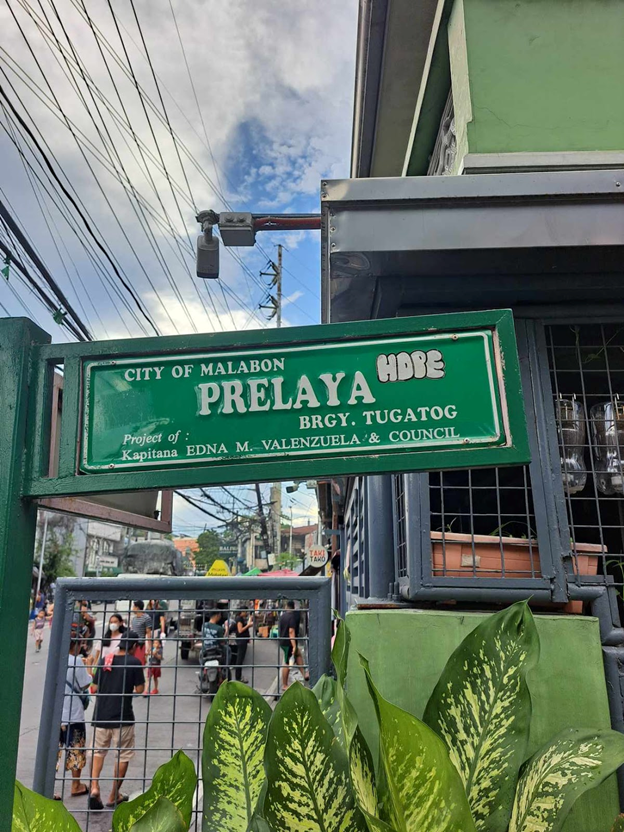By Allan M. Joaquin, MBA, CPDM
How would you feel if you saw your name misspelled in your school directory, company ID, or even on your birth certificate? And how would you feel if someone decided to change your name without your knowledge?
It would be unfathomable.
Disrespectful.
Outrageous, even!
That’s likely how the family of the late great senator, Gil Puyat, felt after witnessing a poorly conceived marketing gimmick by an ad agency that clearly didn’t think it through.
What happened?
On July 27, 2024, it was reported that the street sign bearing the name Sen. Gil Puyat Avenue was replaced with “Gil Tulog.”
It was likely an attempt to grab a few laughs and catch the public’s attention. Instead, it garnered public outrage. This stunt was insulting to a man whose name is revered throughout the country.
A few hours after the offending street sign was put up, Makati Mayor Abby Binay ordered it to be replaced with the original sign. Mayor Binay stated that the sign had been displayed without her knowledge.
How did it come to this? Is changing street signs illegal? Who cares? Isn’t this a free country?
Apparently, replacing street names needs to undergo a legal process.
Changing road names in the Philippines
According to the Local Government Code of the Philippines enacted in 1991, renaming public streets, schools, plazas, buildings, bridges, and other public structures is allowed under specific conditions and local authority oversight.
The Office of the President or the Congress of the Philippines has the authority to rename national roads, schools, bridges, buildings, plazas, and similar structures. Local government units (LGUs) can rename public roads, schools, bridges, buildings, and other structures within their jurisdiction.
Who can rename roads?
Presently, the Philippines does not have a names committee.
However, the National Historical Commission of the Philippines (NHCP), the agency responsible for promoting Philippine history and cultural heritage, issued Revised Guidelines on renaming public spaces, such as streets, to standardize the whole process.
The President, via proclamation, or Congress, through legislation, can rename any public place in the country.
LGUs, on the other hand, can name or rename any public place within their area, except for barangays. They cannot, however, rename public places if the original name was designated by an act of Congress or a proclamation by the President of the Philippines.
Changing road names can be confusing and, in many instances, polarizing.
And that is why you do not just change names without going through the proper procedures.

